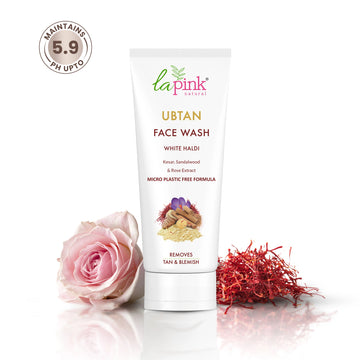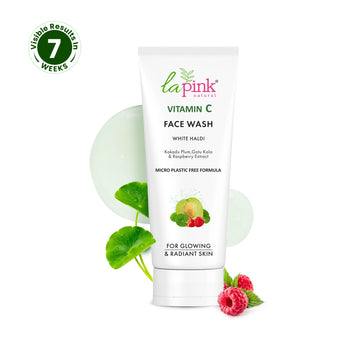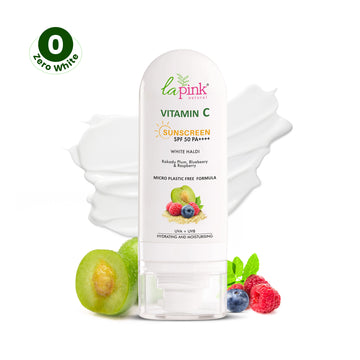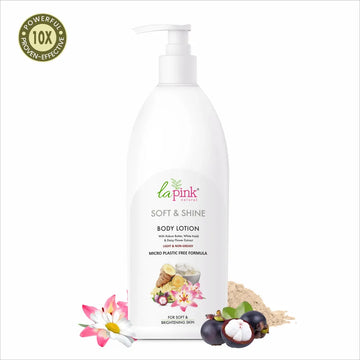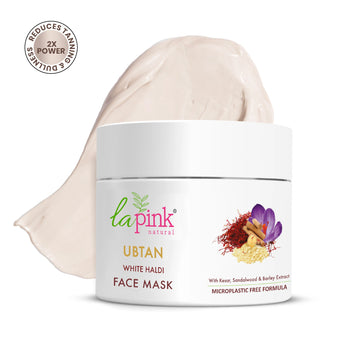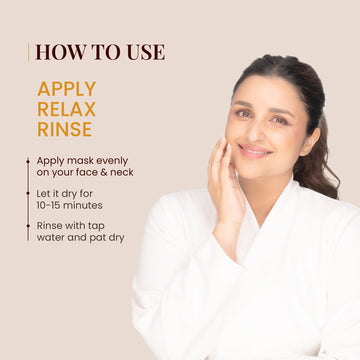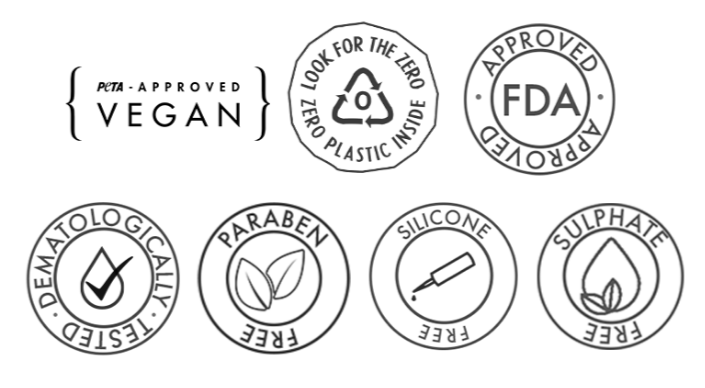Perfume allergies or fragrance sensitivities are common nowadays. The reasons are multifold. Based on scientific research commencing from the last decade across the world, it has been found that around 30% population is the victim of fragrance sensitivity or perfume allergy. While the causes of perfume allergies are multidimensional and sometimes wondering, people, especially the victims often come across such issues either when exposed to certain allergy-poking ingredients or suffering from problems like asthma, migraine, dust allergies, and many more. In this article, we will roll out a quick roster of the details that cause perfume allergies, causes, and remedies. Let's read it out aloud.
Perfume Allergy vs Fragrance Sensitivity
When it comes to uncovering the root cause of perfume allergies or sensitivities, people often confuse two relative terms; perfume allergy or fragrance sensitivity, and consider them as the same. However, according to doctors and dermatitis experts, there is a thin but distinct line between these two which are explained below.
Fragrance sensitivity: Fragrance sensitivities are the issues that prick irritation on the skin and body when coming in contact with certain ingredients that have allergens of both chemical and organic types. Fragrance sensitives irritate the body but do not instill allergic symptoms. Common fragrance sensitivities substances incorporate α-pinene (APN), limonene (LIM), linalool (LIL), and eugenol (EUG). Besides perfumes and colognes, fragrance sensitivity can arise from hefty formulations such as room fresheners, car fresheners, cloth conditioners, etc.
Perfume allergy: On the other hand, perfume allergies take place when certain ingredients in a perfume attack the body’s immune protein Immunoglobulin E (IgE) and hamper its potency. As a result, the sensitivities impact the body on various levels; mild to severe piquing acute troubles at times.
Causes for Perfume Allergy
Causes of perfume allergies incorporate a large bandwidth of factors. However, among all chemical substances appear to be the prominent culprits. It has been figured out that on average a perfume contains 14 chemical substances which catapult the issue. These ingredients are often found to contain numerous allergen substances. Popular of these are limonene, linalool, and citral. Besides this, sometimes fragrant elements used in the perfume, followed by people having problems with asthma, dust allergies, or have sensitive skin are frequently affected by both fragrance sensitivities and perfume allergies.
Perfume Allergy Symptoms
Doctors and dermatologists have encountered a plethora of perfume allergies and fragrance sensitivities that appear at various vulnerable ranges with adverse effects; mild to worst. However, as the allergy is more prone to affect skin and respiratory tracts, symptoms are generally divided into three subsequent stages. These are as follows.
General Symptoms
- Headaches
- Skin irritation and redness
- Runny noses
- Breathing difficulties
- Skin bruises
- Allergic rhinitis
- Eye itchiness and red eyes
- Nausea
Symptoms on the Skin
- Skin irritation; mild to severe
- Burning sensations
- Blisters and patchy skin
- Swelled patches with painful sensation
- Constant itchiness
Symptoms on the Respiratory Tract
- Breathing difficulties due to the high concentration of volatile organic compounds (VOCs) namely formaldehyde, benzene, toluene, etc.
- Wheezing, coughing, and sneezing
- Headaches; mild to acute
- Nausea, migraine, and vomiting
Remedies & Treatment
Like the preponderance of the issue, there are many easy-to-find remedies for fragrance sensitivity and perfume allergy treatments. While some of these can easily be cured from home sometimes medical visit becomes mandatory. A list of these is listed below.
Use Natural Fragrances: Lean more on natural fragrances that are infused with 100% natural ingredients such as essential oils and use nature-driven alcohols namely rice water alcohol for binding.
Avoid Chemically Infused Formula: While alcohols and certain chemical compounds are essential to keep the perfume base consistent, avoid too much chemically infused formula that has harsh impacts on the body. Read the labels in this regard. It will help you a lot.
Say No to Colognes & Sprays: Say no to colognes and sprays. The reasons are simple. They are highly chemically adulterated.
Avoid Excessive Usages: Refrain from excessive use. Also keep the people around you aware of your problem, where people are accustomed to daily uses of perfumes like workspace.
Medications: In case the symptoms are mild and you feel that can be treated from home, use basic medicines like cetirizine (Zyrtec), diphenhydramine (Benadryl), or loratadine (Claritin). However, take advice from experts if needed.
Oatmeal Bath: It has been seen that colloidal oatmeal bath works as a great antidote against any form of skin allergies that are mild. You can try that as well.
Steroid Creams: Certain topical steroid creams like hydrocortisone are seen to appease irritated and swelled patchy skin, caused by allergic reactions.
Light Therapy: An old practice, especially used to treat yellow jacket bites. Treat the affected part of the skin with blue or red light to remove the bacteria that irritates your skin.
Visit a Doctor: Mindfully visit a doctor in case the symptom worsens.
Suggested readings
Dark Mode On? Hit the Secrets of Seductive Perfumes to Attract Men5 Best Types of Perfumes for Women for Mystic Appearances
Do not panic if you are caught by perfume allergies. It can be easily treated and keep your skin soothed with gentle efforts. However, try to avoid blatant exposure or refrain from personal usage if your problems are genuine. Stay safe and healthy.





